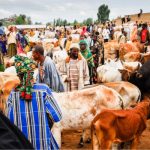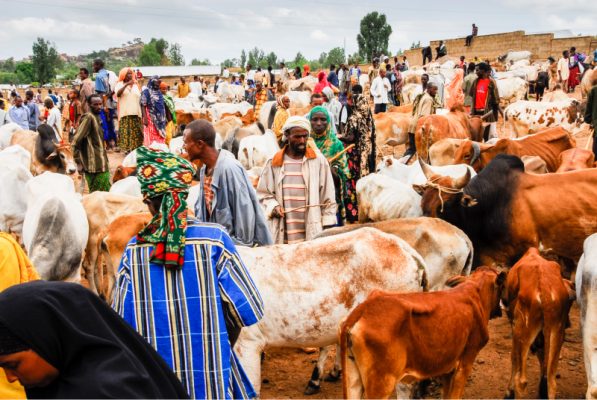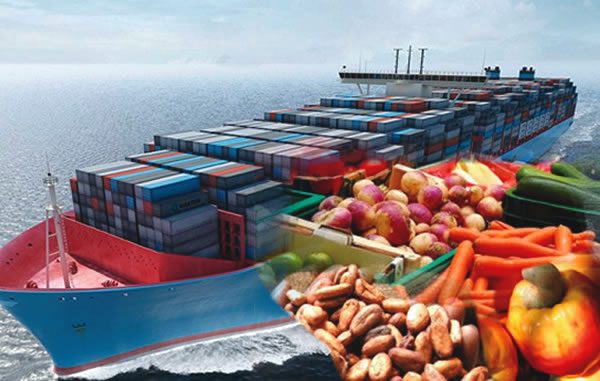The Director General of World Trade Organisation WTO, and former Nigerian minister, Dr. Ngozi Okonjo-Iweala has called for the need to address the global setback limiting Nigeria’s export potential in the international market.
Iweala said exported agricultural products are challenged with rejections in international markets due to non-compliance with international Standard Phytosanitary Measures (SPS) requirements. She spoke at the launch of the seven trade support programmes for Nigeria initiated by the WTO, World Bank, and International Trade Centre, ITC on Tuesday in Abuja.
According to her, the country was known to be a major exporter of farm produce, however, agricultural exports collapsed as the economy shifted towards petroleum exploitation, without utilizing potentials in the sector.
The WTO DG said the project will support international safety and quality certification for sesame and cowpeas in Nigeria, adding that Nigeria’s agriculture sector had the potential to be a major driver of export diversification and job creation, which must be harnessed.
Hear her: “We all know the story about Nigeria being a significant exporter of palm kernels, groundnuts, palm oil, cotton, and cocoa, but the country has since become a net importer of many of these goods.
“Nigeria has not only lost out in agricultural export markets; it is also a net food importer, spending about billions a year on goods, many of which we can also produce here.
“Nigeria used to be a formidable agricultural exporter. Up until the mid-1960s, the country’s share of world agricultural exports was more than one per cent, however, agricultural exports collapsed as the economy shifted towards petroleum exploitation, and by the mid-1980s, Nigeria’s world market share for agricultural products had dwindled to less than 0.1 per cent.”
Speaking further she said the 1.2 million-dollar programme aims to improve export standards of Nigeria’s sesame and cowpea products, while revitalising its export strength to the EU, Turkey, Japan, South Korea, and other Asian markets.
Subsequently, the WTO boss noted that the project would improve agricultural practices such as pesticide application, hygiene techniques, harvest and post-harvest methods, and food safety.
She said, “The project, which will kick off with an initial amount of 1.2 million dollars, of which nearly a million comes from STDF, will also be used to train local food safety advisers. This type of project is one term a low-expenditure, high-impact project. The WTO is not a financing agency like the World Bank or IMF, but it has a wonderful secret that I find very attractive.”
So, that support, of course, will not be a fresh burden on an already heavily debt ridden country. The former coordinating minister of economy in Nigeria said of WTO and the benefit that comes to the country from this intervention, “It spends small sums of money to make a big impact. You cannot imagine how a million-dollar intervention can earn Nigeria hundreds of millions, if not billions, in increased agricultural exports. Supporting improved incomes for farmers, exporters, businesses, and others once agriculture producers and exporters follow the correct sanitary and phytosanitary standards.”












